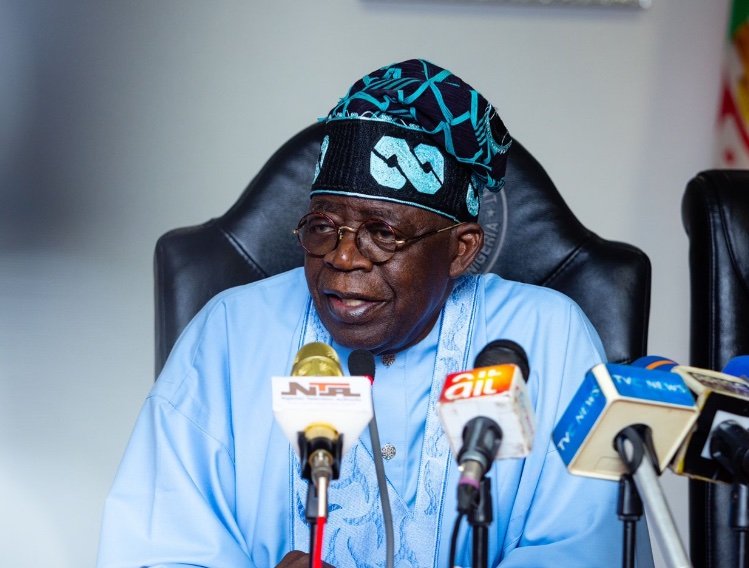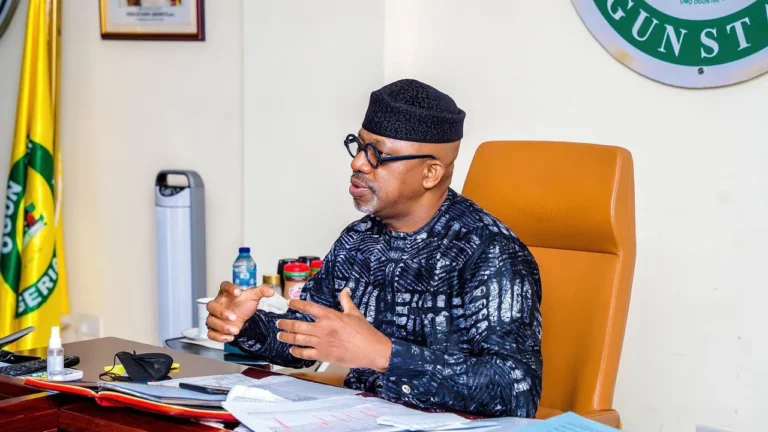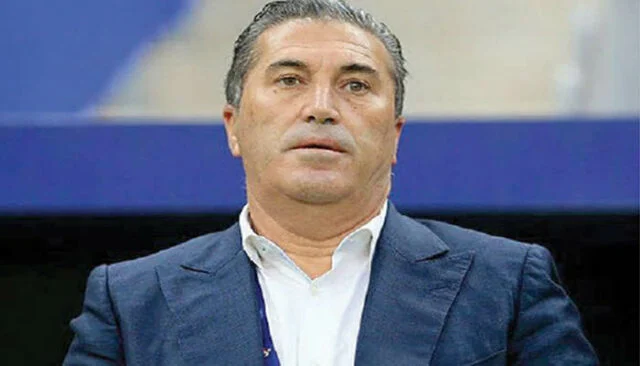
Tinubu at Midterm: Who Is the Government Really Serving?
By Dr. Dele Sobowale
Introduction: From Renewed Hope to Rising Despair
As President Bola Tinubu completes two years in office, the promises made in 2023 have rapidly unraveled into the harsh realities of 2025. To gauge public sentiment, our consultancy conducted a nationwide survey, asking two simple questions:
- Is your life better today than two years ago?
- Do you expect things to get better in the next two years?
Results were staggering:
- 97% said life is worse
- 99% said they have no hope for improvement
These numbers reflect not just dissatisfaction—but a collapse in confidence in the nation’s leadership.
The Promises vs. The Pain
1. Economic Growth (GDP)
Tinubu promised 10% annual GDP growth. In reality:
- 2024: 3.6%
- 2025 forecast: 3.0%
Nigeria’s economy is shrinking, not growing. The bold projections were, at best, unrealistic—and at worst, deliberate deception.
2. Housing
The administration promised exponential growth in housing. But vague metrics and lack of groundwork meant zero tangible progress—with more demolitions than constructions.
3. Employment
Nigerians were promised millions of new jobs. Instead, mass unemployment followed fuel subsidy removal and naira devaluation. Government data is misleading, claiming “one hour of work per week” qualifies as employment.
Estimated unemployed: 47 million.
4. Power Supply
Nigeria’s power output remains abysmally low. With a GDP target of $1 trillion, the country still distributes less than 5TWh—compared to Switzerland’s 73.6TWh. Tariffs have skyrocketed, but power supply hasn’t improved.
5. Oil Production
Projected increase to 2.6mbpd by 2027? Unlikely. Nigeria still struggles below 1.5mbpd. Global energy transitions and OPEC quotas make the promises detached from reality.
6. Security
Despite bold declarations, insecurity has worsened. Even the Northern Governors Forum and National Assembly have lost faith in Tinubu’s strategy. Boko Haram now attacks military bases. Public trust in the Commander-in-Chief is eroding.
The Critical Question: Who Benefits?
Despite mass support from Nigeria’s poor and middle-class voters in 2023, Tinubu’s policies have primarily enriched:
- Banks
- GSM operators
- Forex dealers
- Oil firms
- Discos and Customs agents
The elite 1% are thriving, while pensioners and the working class slide deeper into poverty.
Reality Check: “Renewed Hope” or Refined Illusion?
“By 2024, Nigeria’s GDP per capita dropped to $824—lower than at independence.”
— Dr. Akinwunmi Adesina, AfDB President
A brutal reminder that Nigerians were better off decades ago.
Where It All Went Wrong: The Wrong People for the Job
Tinubu recycled his Lagos team from 1999–2007—men and women out of sync with today’s complex global economy. Their outdated strategies have clashed with modern realities, leaving policies uncoordinated, ineffective, and painful for the majority.
The Way Forward: 3 Urgent Steps
- Scrap the RENEWED HOPE document. It’s politically driven fiction with no economic grounding.
- Downsize government. The bloated cabinet and advisory teams are unaffordable luxuries during a crisis.
- Replace the team. A failing team needs new players. Bring in qualified professionals based on merit—not politics.
Conclusion: Time Is Running Out
Two years in, Nigeria is more insecure, economically fragile, and divided than in 2023. The promises have failed, and the people are suffering. The Tinubu administration must act decisively, or risk leaving behind a legacy of despair.






